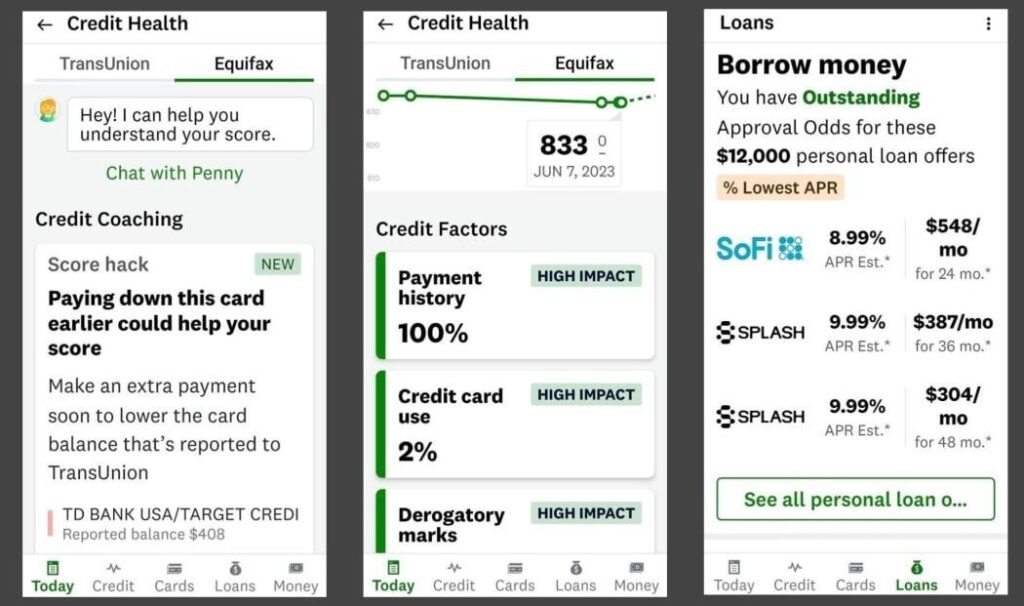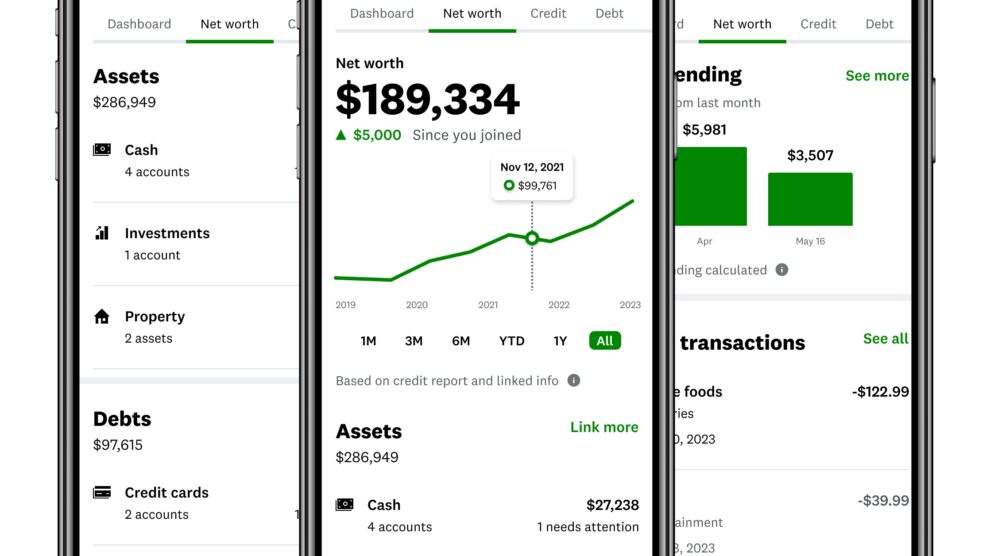In the digital age, managing our personal finances has become increasingly important, and Credit Karma has become a popular tool for monitoring credit scores and reports. However, there may come a time when you need to delete your Credit Karma account. This comprehensive guide will walk you through the process of deleting your Credit Karma account, ensuring a smooth and secure transition.
Understanding the Importance of Deleting Your Credit Karma Account
Deleting your Credit Karma account can provide several benefits:
- Enhanced Privacy and Security: By removing your Credit Karma account, you reduce the risk of unauthorized access to your sensitive financial information, protecting your personal data.
- Decluttering Your Digital Life: Eliminating unused or unnecessary accounts can help you streamline your online presence, making it easier to manage and monitor your digital activities.
- Regaining Control: Deleting your Credit Karma account allows you to take back control over your personal financial data and decide what information you want to maintain in the digital sphere.
How to Delete Your Credit Karma Account: A Step-by-Step Guide
Deleting your Credit Karma account is a straightforward process. Follow these steps to remove your account:
- Log in to your Credit Karma account on the website or mobile app.
- Navigate to the Account Settings by clicking on the profile icon or menu.
- Look for the “Close Account” or “Delete Account” option, which may be located under the “Account” or “Security” section.
- Follow the prompts to confirm your decision and provide any necessary information to complete the account deletion process.
- Verify the account closure by ensuring that you no longer have access to your Credit Karma account.

Addressing Common Concerns: Navigating the Account Deletion Process
During the account deletion process, you may encounter some common concerns or questions. Let’s address a few of them:</
- Ongoing Subscriptions or Paid Services: If you have any active subscriptions or paid services associated with your Credit Karma account, you’ll need to cancel those before initiating the deletion process.
- Retrieving Account Data: Depending on your local laws and Credit Karma’s policies, you may be able to request a copy of your account data before deletion. Consult the platform’s support for more information.
- Reactivating the Account: In some cases, you may have the option to reactivate your Credit Karma account if needed. However, be aware that this may require you to go through the full account creation process again.
Embracing a Simplified Financial Life: Life After Deleting Your Credit Karma Account
By successfully deleting your Credit Karma account, you’ve taken a significant step towards a more streamlined digital life. Here are some additional tips to help you maintain a healthy and organized financial presence:
- Review and Delete Other Unused Accounts: Extend your digital decluttering efforts to other financial and personal accounts that you no longer use or need.
- Regularly Monitor Your Credit and Finances: Establish a routine to review your credit reports and financial accounts through other means, ensuring that your personal information remains secure and up-to-date.
- Prioritize Privacy and Security: Explore privacy-focused financial tools and practices to enhance the protection of your sensitive data across all your financial activities.
- Embrace a Minimalist Approach: Cultivate a mindset of intentionality when it comes to your financial accounts and services, focusing on the ones that truly serve your needs.
Reclaim Your Financial Freedom: Deleting Your Credit Karma Account with Confidence
In the ever-evolving digital landscape, the ability to control and manage our financial information has become increasingly important. By following the step-by-step guide and addressing common concerns, you’ve successfully navigated the process of deleting your Credit Karma account, empowering you to reclaim your financial freedom.
Embrace this newfound clarity and leverage the tips provided to continue refining your financial well-being and digital footprint, ultimately leading to a more streamlined, secure, and intentional financial life.










Add Comment